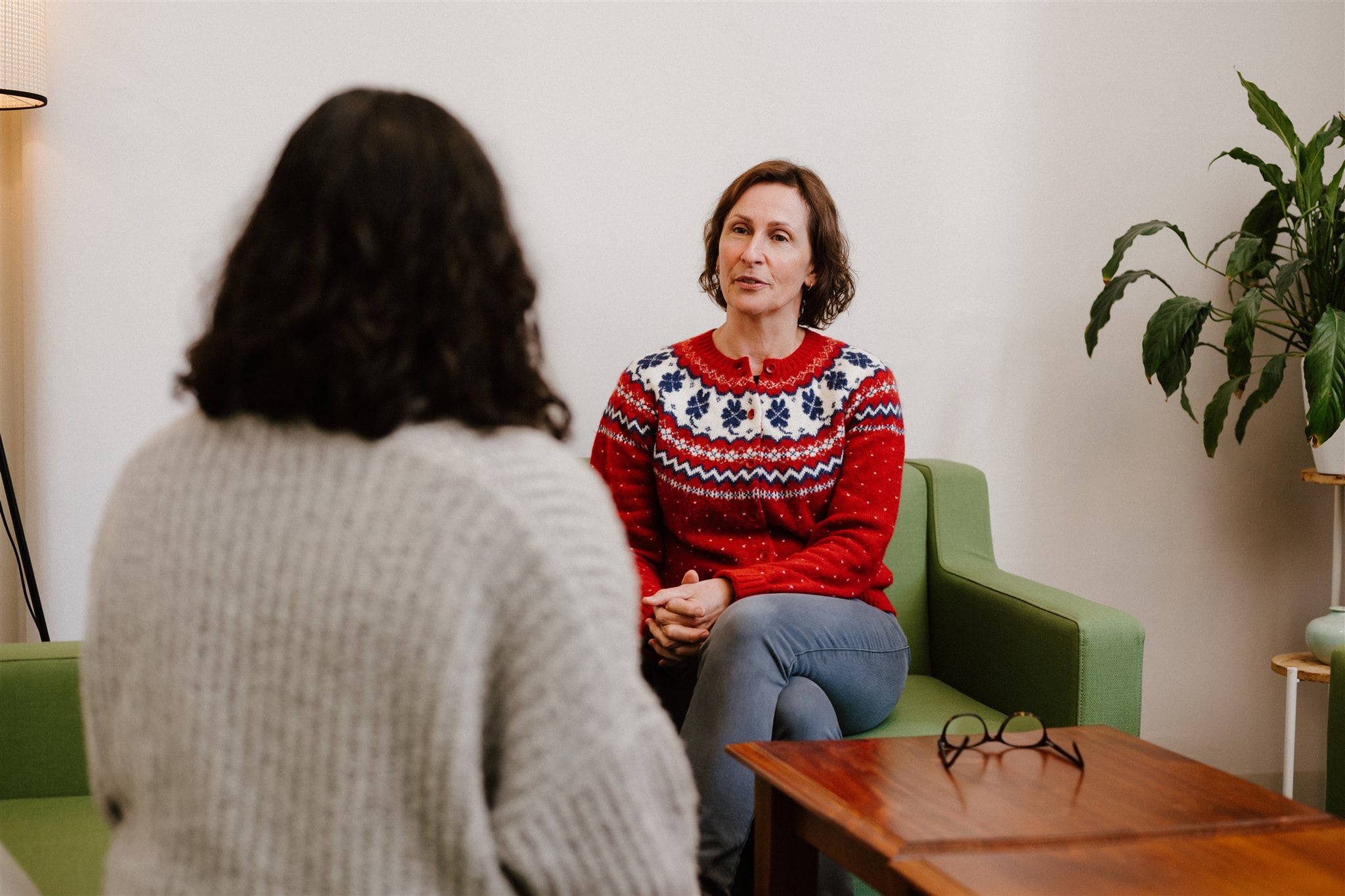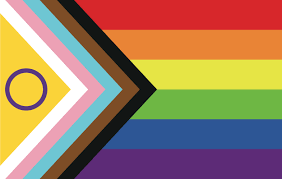Established in 1987, CASA House was formed in response to the growing recognition of the impacts of sexual violence and the need for specialised support services.
CASA House was the second sexual assault service to be funded by the state of Victoria. It exists as a direct result of campaigns by the women's movement in the 1960s and 1970s.
Before CASA House was established, support was provided to victim survivors by the Queen Victoria Sexual Assault Clinic (established in 1978). That clinic provided support for all of Victoria and was located in the same building where CASA House is now.
Before this, the Melbourne Rape Crisis Centre was run by volunteers, since 1974. Advocacy form this centre and other campaigns by the broader Women's movement, achieved ongoing funding by the Victorian Government of services for victim survivors of sexual assault.

CASA House provides counselling, advocacy, and education to both victim survivors and the broader community.
Since its inception, CASA House has based its practice on a feminist, rights advocacy framework. This framework, pioneered by Kate Gilmore, the first coordinator of CASA House, is still used by CASA House and other organisations across Australia.
Over the decades, CASA House has expanded its services and reach, adapting to the changing needs of victim survivors and incorporating a range of therapeutic and support programs. Its commitment to a feminist framework and person centred approach has made CASA House a crucial resource in the fight against sexual violence, advocating for systemic change and supporting countless individuals in their healing journeys.





CASA House acknowledges the Traditional Custodians of the land on which we work, the Wurundjeri and Boonwurrung peoples of the Kulin Nation. We recognise their continuing connection to, and care for, land and waters. We acknowledge this land was stolen, and that sovereignty was never ceded. We pay our respect to Elders, past and present.